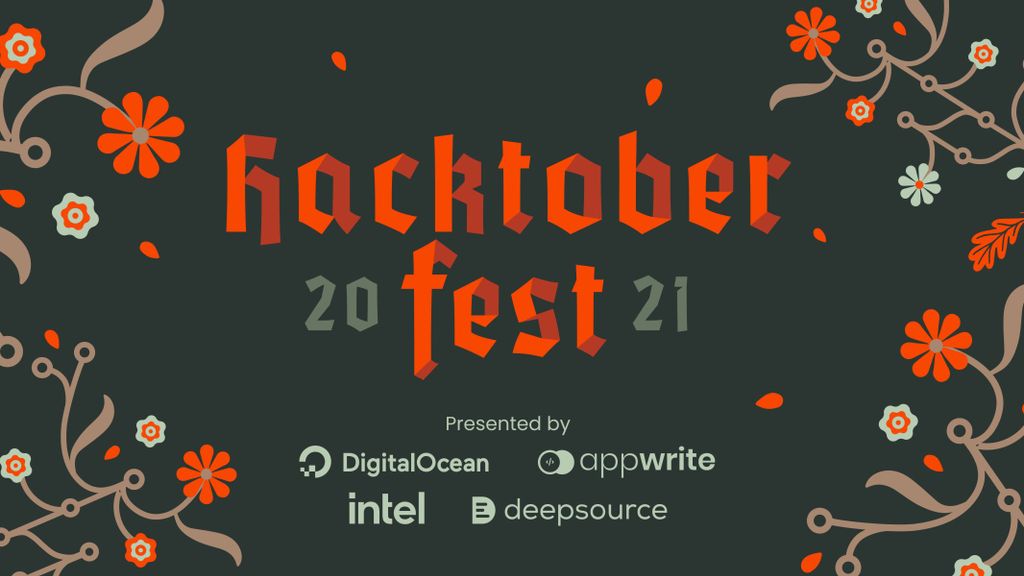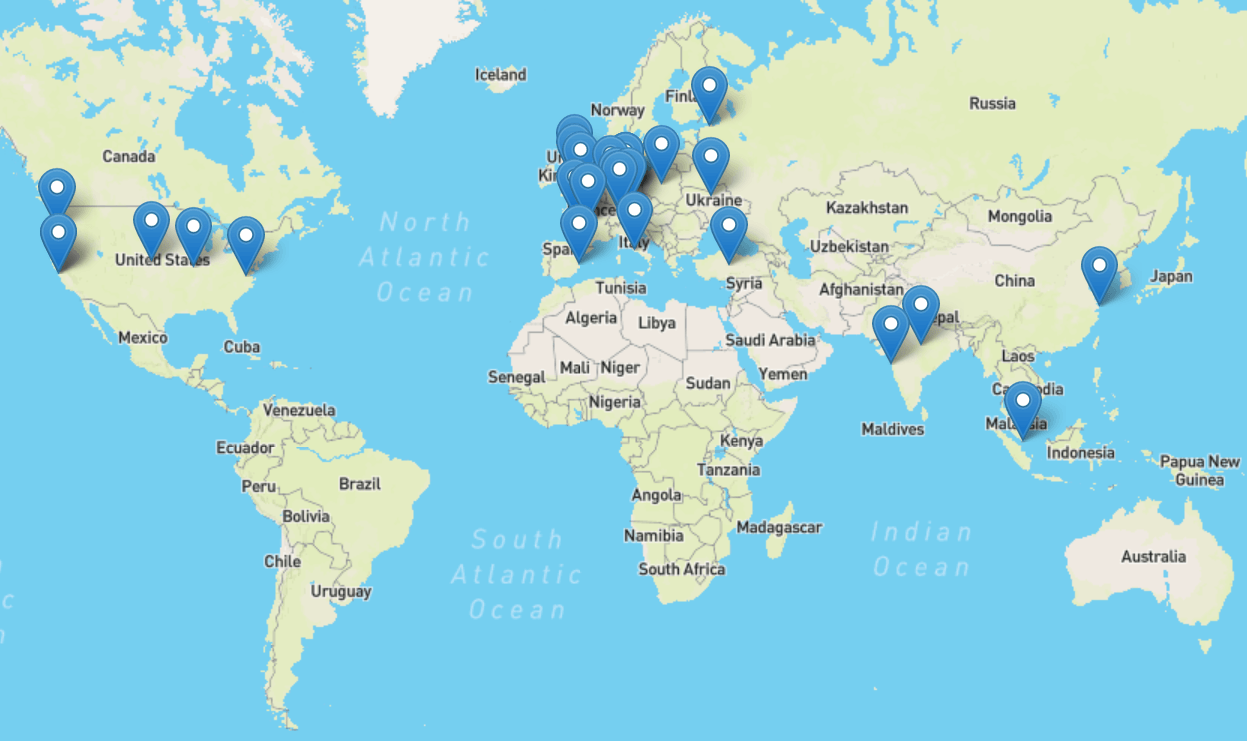Cependant, la procédure de cet appel d’offres interroge. En effet, elle semble avoir été construite aux bénéfices exclusifs de la société américaine, alors même que des entreprises françaises de logiciels libres proposent des solutions aux fonctionnalités et performances équivalentes.
Anticor pointe une relation commerciale dangereuse entre une administration française et un géant du numérique jouissant d’un monopole quasi-absolu alors même que des entreprises offrent des solutions équivalentes.
Un outil comme celui-ci est utile pour fournir une version texte d'un fichier média (audio ou vidéo). L'objectif de ce programme est de fournir un outil simple et rapide pour permettre de récupérer un texte et l'utiliser comme version numérique.
Au commencement était le projet de communs numériques "Common Voice" initié par la fondation Mozilla [...] Puis vint le projet du logiciel libre Vosk, à l'initiative d'un collectif de chercheurs (Alpha Cephei) [...] Enfin, vint le projet de transcription de Tykayn, contributeur de l'association "April" [...] Pour finir, vint le projet Scribe, à l'initiative de l'équipe SI des Ceméa qui créa cette interface, simple et fonctionnelle, basique pour proposer aux utilisateur·rices de bénéficier de l'ensemble de ces fonctionnalités sous une forme plus conviviale.
Today I made a small addition to a Javascript library I sometimes use to generate nonograms.
This tool can now build a solvable grid in the form of a valid QR Code that, once decoded, reveals some text:

To find more about it: Nonogram JS demo page.
Note that I've …
fpdf2 is a simple & fast PDF creation library for Python that I have been maintaining since mid-2020.
In this article, I'm going to present some of the new features that landed since my last post on the subject. Hence, this will cover versions 2.5.0, 2.5.1 & 2 …
Added
- new parameters
new_xandnew_yforcell()andmulti_cell(), replacingln=0, thanks to @gmischler - new
add_highlight()method to insert highlight annotations: documentation - new
offset_rendering()method: documentation - new
.text_modeproperty: documentation - the page structure of the documentation has been revised, with a new page about adding text, thanks to @gmischler
- a warning is now raised if a context manager is used inside an
unbreakable()section, which is not supported
Changed
local_context()can now "scope" even more properties, likeblend_mode: documentation
Fixed
- No font properties should be leaked anymore after using markdown or in any other situations (cf. #359), thanks to @gmischler
- If
multi_cell(align="J")is given text with multiple paragraphs (text followed by an empty line) at once, it now renders the last line of each paragraph left-aligned,
instead of just the very last line (cf. #364), thanks to @gmischler - a regression: now again
multi_cell()always renders a cell, even iftxtis an empty string - cf. #349 - a bug with string width calculation when Markdown is enabled - cf. #351
- a few bugs when parsing some SVG files - cf. #356, #358 & #376
- a bug when using
multi_cell(..., split_only=True)inside anunbreakablesection - cf. #359
Deprecated
- The parameter
lntocell()andmulti_cell()is now deprecated, usenew_xandnew_yinstead. - The parameter
centertocell()is now deprecated, usealign="C"instead.
Displaying deprecation warnings
DeprecationWarnings are not displayed by Python by default.
Hence, every time you use a newer version of fpdf2, we strongly encourage you to execute your scripts
with the -Wd option (cf. documentation)
in order to get warned about deprecated features used in your code.
This can also be enabled programmatically with warnings.simplefilter('default', DeprecationWarning).
Code source de https://www.mobicoop.fr
Made with Symfony
par Mathieu O'Neil, Laure Muselli, Fred Pailler & Stefano Zacchiroli
La communauté du logiciel libre peut-elle se constituer en entité politique qui réfléchit, au-delà du logiciel, sur la société dans son ensemble ? Peut-elle se confronter aux orthodoxies productivistes, au développement infini de la puissance de calcul ? Tout le passé indique le contraire. Son succès, pourtant, en dépend.
Libervia est un outil tout-en-un pour gérer tous vos besoins en communication: messagerie instantanée, (micro)blogage, partage de fichiers, albums photo, événements, forums, gestion de tâches, etc.
Ça me semble être le genre d'outil idéal pour un écolieu / de l'habitat participatif
Last month, I realized late that October was hacktoberfest month!
This online event is a month-long celebration (October 1-31) of open source software run in partnership with different software companies, with a focus on encouraging contributions to open source projects.
While I participated in the 2019 edition as a contributor …
I have been amazed recently at the diversity of contributors on the fpdf2 project, coming from all around the world!
Then I thought it would be nice to visualize this diversity by building a world map of all contributors locations. There it is:
Click on the image to access an …
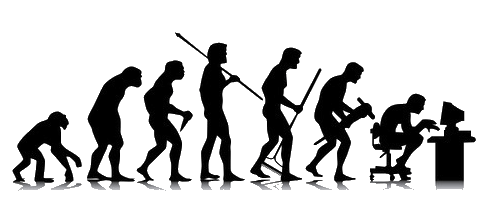
Today I finally took the time to put up a live demo website for Hesperides!
https://hesperides.herokuapp.com
Hesperides is an open source tool dedicated to configuration management: it stores applications properties and mustache templates for configurations files. It is strongly hierarchized based on few main concepts: modules, applications …
fpdf2 is a minimalist PDF creation library for Python that I am maintaining.
With the release yesterday of its v2.4.0, I'm going to present some of its notable new features since the latest minor version.
https://github.com/pyfpdf/fpdf2/ 
JPEG images …
Get off Big Tech tools. Use these instead.
Below are my recommendations for genuinely good, helpful, non-toxic tools. We need alternatives to Big Tech platforms that continually show a shocking lack of respect for users, communities, even democratic society.
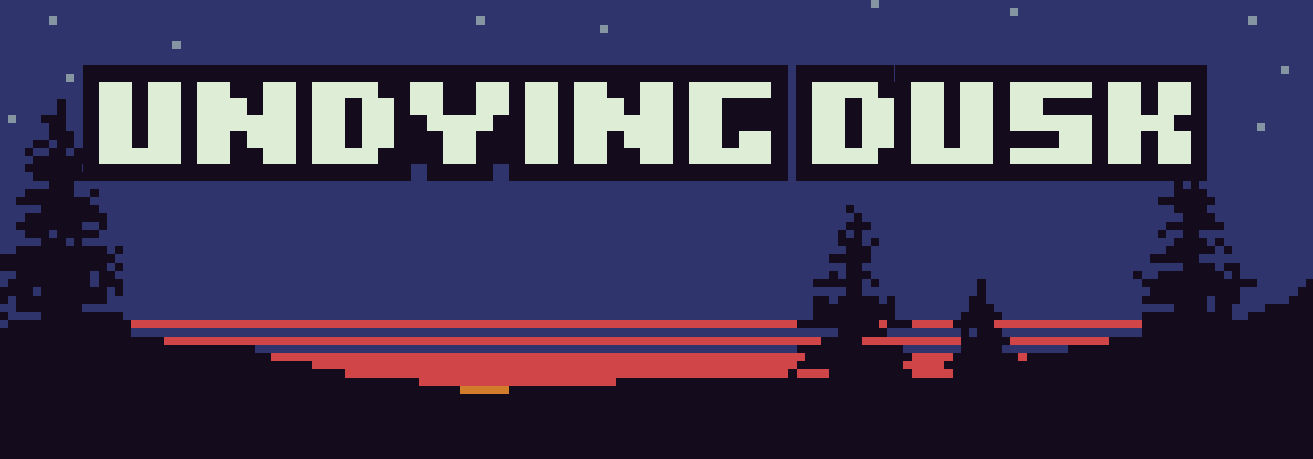
Undying Dusk is a video game in a PDF format, with a gameplay based on exploration and logic puzzles, in the tradition of dungeon crawlers.
A curse set by the Empress keeps the world in an eternal dusk. You are have recently found shelter in an eerie monastery.
](https://raw.githubusercontent.com/Lucas-C/undying-dusk/main/trailer/undying-dusk-trailer1.gif)
Featuring:
- ~ 200 …

Today, I am happy to announce version 2.3.0 of fpdf2, code name: Unbreakable!
https://github.com/pyfpdf/fpdf2/ 
Why Unbreakable?
- As a tribute to M. Night Shyamalan movie
- Because using
fpdf2, your Python code can never break!
...
Just kidding, I would be …
My highlights / quotes:
This creates an obvious congestion. Most people try to address it in the wrong way: using pragmatism. Let’s close the issue after two weeks of no original poster replies, after we ask some question. Close all the issues that are not very well specified. And other “inbox zero” solutions. The reality is that to process community feedbacks very well you have to take the time needed
So what happens? That you start to prioritize more and more what to look at and what not. And you feel you are a piece of shit at ignoring so many things and people, and also the contributor believes you don’t care about what others have to give you. It’s a complex situation.Sometimes I just stop looking at issues and PRs for weeks, because I’m coding or designing: that is the work I really love and enjoy. However this in turn creates ways more pressure on me, psychologically. To do what I love and I can do well I’ve to feel like shit.
the sum of the productivity of me working just when I want is greater than the productivity I’ve when I’m forced to work every day in a steady way.
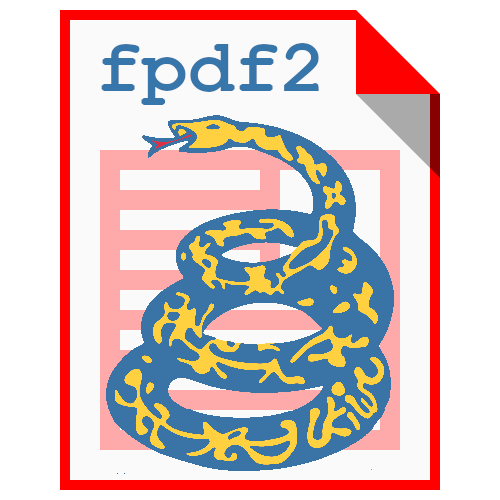
Today, I am happy to announce a new version 2.2.0 of fpdf2 !
https://github.com/alexanderankin/pyfpdf/ 
During the last few months, I contributed a few improvements to fpdf2,
David Ankin fork of PyFPDF,
the user-friendly Python library to generate PDFs:
from …